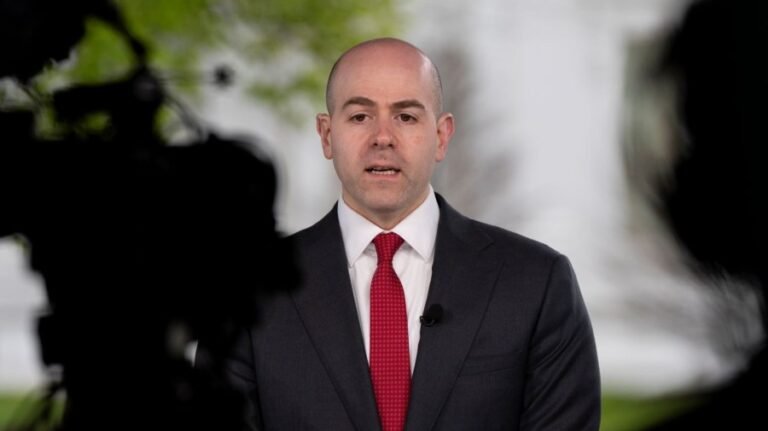
Senate Republicans were dealt a significant blow Thursday when Senate Parliamentarian Elizabeth MacDonough advised that major pieces of the GOP megabill’s Medicaid policy can’t pass with a simple majority.
Much of the savings in the bill come from Medicaid cuts, and the ruling impacts several of the largest and most controversial ones, including a plan to slash states’ use of health care provider taxes as well as several measures related to health care for immigrants.
That provider tax proposal would have generated hundreds of billions of dollars in savings to offset the cost of the legislation, and MacDonough’s decision is sending Republicans back to the drawing board.
The provider taxes were the second largest Medicaid cut in the House bill, after work requirements. The cuts would have been even larger under the Senate design.
Senators will need to rewrite the provision to satisfy the complex legislative rules that will allow them to bypass the filibuster and pass their bill on a party-line vote — or scrap it altogether and find another way to earn the savings.
But lawmakers are facing down a White House-pushed July 4th deadline to pass the bill in the Senate, and then again in the House, and put it on President Trump’s desk. The parliamentarian’s Medicaid ruling is putting that in jeopardy.
Republicans had already been struggling to reach a consensus on the provider tax provision, as senators including Sens. Josh Hawley (R-Mo.), Susan Collins (R-Maine), Lisa Murkowski (R-Alaska) and Jerry Moran (R-Kan.) said they were worried about the impact it would have on rural hospitals.
The parliamentarian’s ruling further emboldened those members, who don’t want the Senate to rush ahead on a plan that’s not ready.
Hawley said he isn’t sure how leadership is planning to fix the issue, but he thinks the parliamentarian’s ruling offers a reset.
“This is a chance to get it right. This is a chance for the Senate to fix this problem they created and not defund rural hospitals,” Hawley told reporters Thursday.
Hawley said he has been in frequent contact with Trump, who has expressed anger at the Senate’s provider tax language.
“I think he wants this done, but he wants it done well,” Hawley said of Trump. “He does not want this to be a Medicaid cuts bill. He made that very clear to me — this is a tax cut bill. It’s not a Medicaid cut bill. And I think he’s tired of hearing about all these Medicaid cuts.”
Leadership has offered a $15 billion fund to aid rural hospitals as an incentive for the Medicaid holdouts, but those lawmakers have said it needs to be much higher.
States impose taxes on providers to boost their federal Medicaid contributions, which they then direct back to hospitals in the form of higher reimbursements.
Limiting provider taxes is a long-held conservative goal, as they argue states are gaming the current system and driving up federal Medicaid spending. The policies are designed to inflate Medicaid spending on paper to allow states to receive more federal reimbursement dollars.
As originally written, the Senate provision would effectively cap provider taxes at 3.5 percent by 2031, down from the current 6 percent, but only for the states that expanded Medicaid under the Affordable Care Act. Nonexpansion states would have their taxes frozen.
The House bill froze the taxes of all states at current levels, which is now something Hawley and Trump say they support.
GOP senators expressed confidence they would be able to address MacDonough’s concerns, but it will take time.
Emerging from a closed-door lunch briefing, Sen. Ron Johnson (R-Wis.) said he felt “much better” after hearing from Senate Finance Committee Chair Mike Crapo (R-Idaho) about the parliamentarian’s ruling.
“I’ve been encouraged by what we heard,” Johnson said.
Sen. John Hoeven (R-N.D.) said the parliamentarian’s issue was with the language that would freeze provider taxes in the nonexpansion states.
“I think we’ll be able to get an adjustment that works. It may change the timeline a little bit … but we think we have something that will work,” Hoeven said. “It was a technical issue with a technical solution.”






